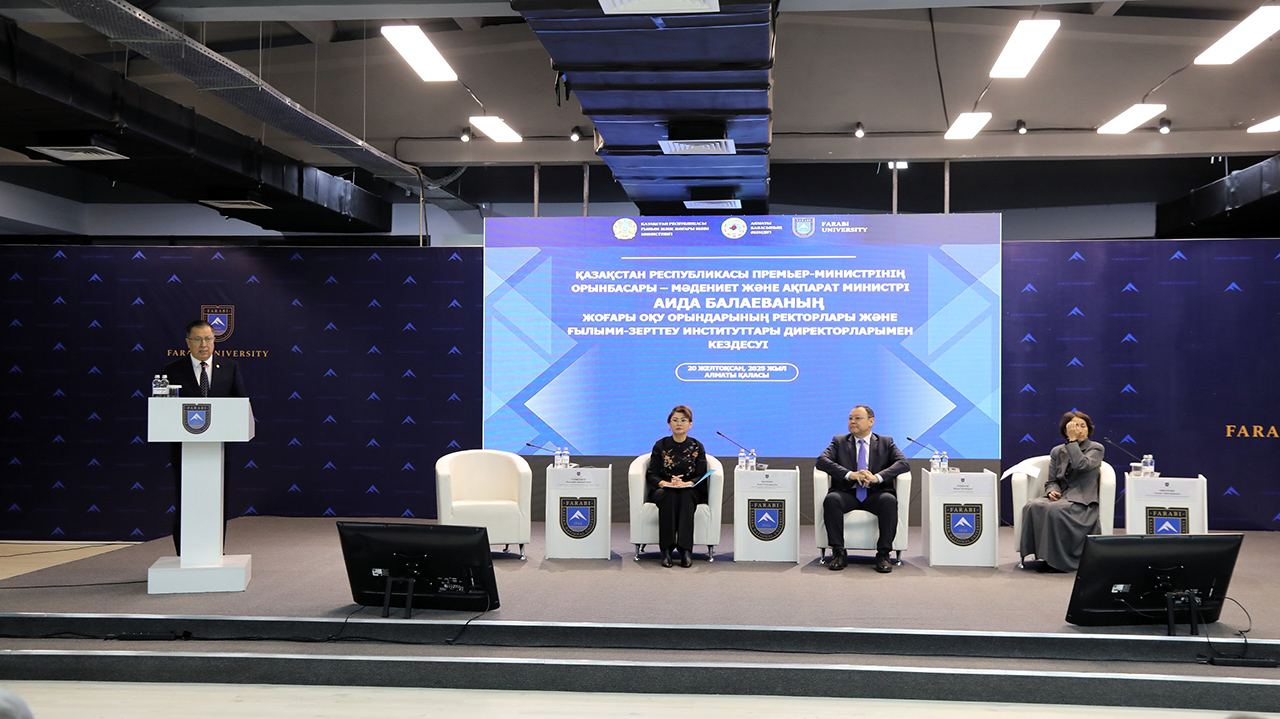
The world is facing a global health crisis that has affected all segments of society and changed people’s lifestyle. Previous experience shows that in all types of crises whether it’s a climate change, armed conflicts or political unrest, young people and youth organizations tend to take rapid actions and quickly respond to the existing measures. Monitoring of the situation during the COVID-19 pandemic has demonstrated that the same process is currently happening.
In the report of the Secretary-General “Shared responsibility and Global Solidarity” the following aspect was emphasized: “Despite the fact that attention is currently being paid to those who are most vulnerable to the virus, there are many signs that the COVID-19 pandemic will have lasting social, cultural, economic, political consequences for the whole society including young people.”
The coronavirus has changed the mass perception of the norms of behavior in the public space. The illness is no longer a personal matter. Wearing a mask and gloves is not only a sanitary, but also a public prescription. At the same time, public sentiment is also changing. In this connection, a pilot study was conducted to estimate the impact of post-COVID-19 measures on the state of happiness of the student youth of Almaty. The study reveals the issues of the impact of the challenges and problems of young people associated with the pandemic in gender and age aspects. The main research tool was a quantitative survey of young people aged 17-29 years. Data collection took place in the period from December 20 to 28 and covered 670 students from 4 universities (Al-Farabi KazNU, MUIT, ATU, KazNMU named after Asfendiyarov).
The study revealed that more than half (60%) of young people and adolescents experience a high level of anxiety. Anxiety is associated with concern about the health of loved ones especially parents (62%), their own one (60%), as well as worries about the future in the country and uncertainty (57%). Increased level of anxiety was noted among rural youth (65%), as well as in the age group over 24 years (59%). In addition, girls (53%) are more concerned about the future and take more protective measures. According to the youth, the main and important factor in the current situation is the availability of reliable information. Simultaneously, the information received from official sources is considered to be the most credible one (47%).
In general, the results of the study are comparable to the situation in other countries and the global economic crisis will significantly worsen the situation of young people in the long term perspective. As it turned out, 57.4% of respondents live in urban areas, 43.7% are representatives of rural youth who receive knowledge in higher educational institutions of Almaty. In total, female representatives were more active, the total number of respondents was women (80%), while the total number of male respondents was 20%. 92.8% of respondents answered positively to the question "Do you consider yourself happy?", whereas the remaining 7.2% of respondents do not consider themselves happy. The survey showed that 36.2% of participants claimed that the transition to distance learning did not affect the feeling of happiness; 34.6% noticed a positive effect; 26.2% of students were unhappy; the remaining 1.1% found it difficult to answer.
To the question "How happy were you a year ago?" 93% of respondents answered positively. Therefore, it can be concluded that the pandemic and the transition to distance learning did not significantly affect the happiness of students. As the survey showed, young people are very stable and quickly adaptable to the changes taking place in their lives.
Aishat OMAROVA,
Doctoral student of Al-Farabi Kazakh National University
